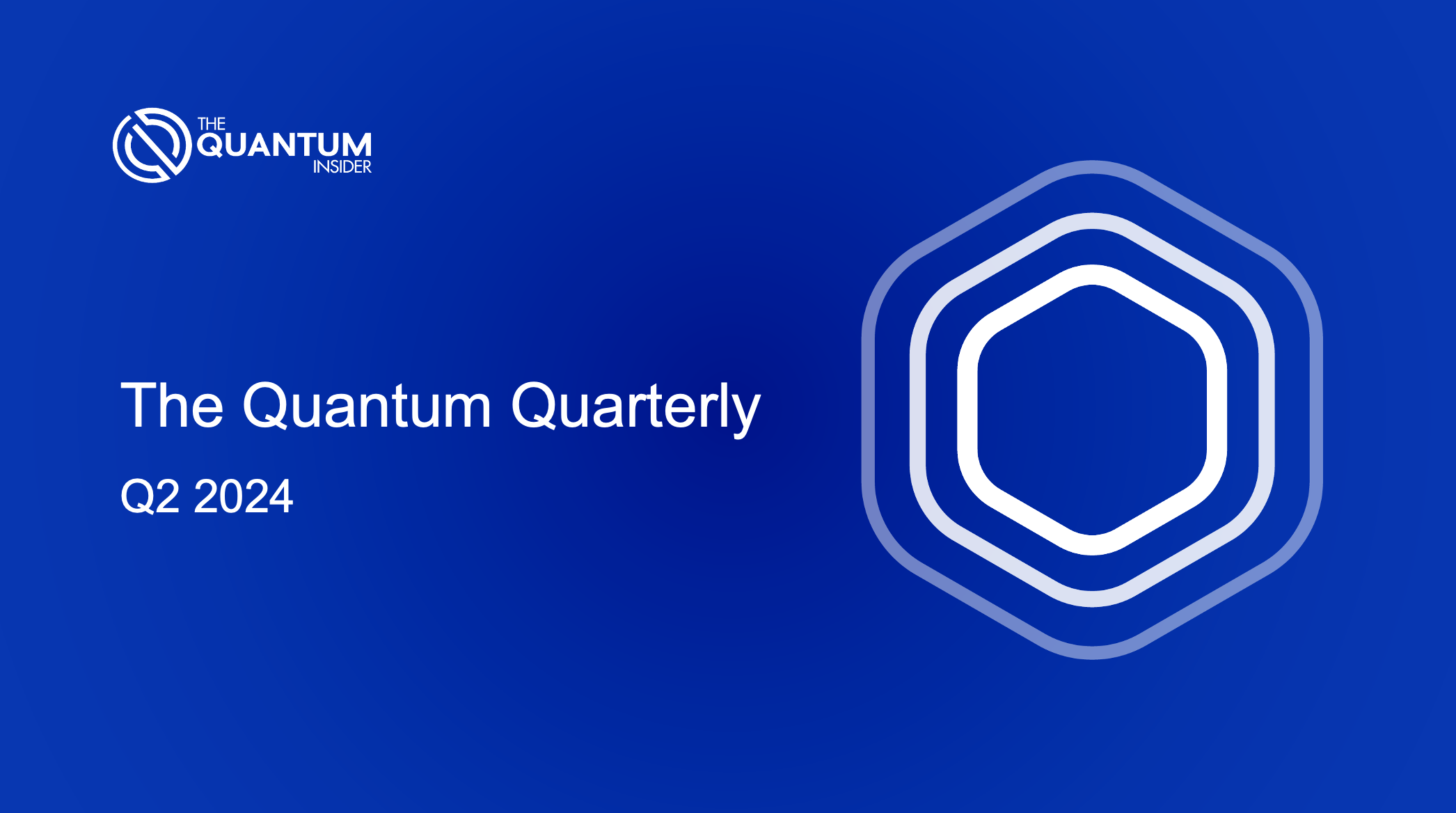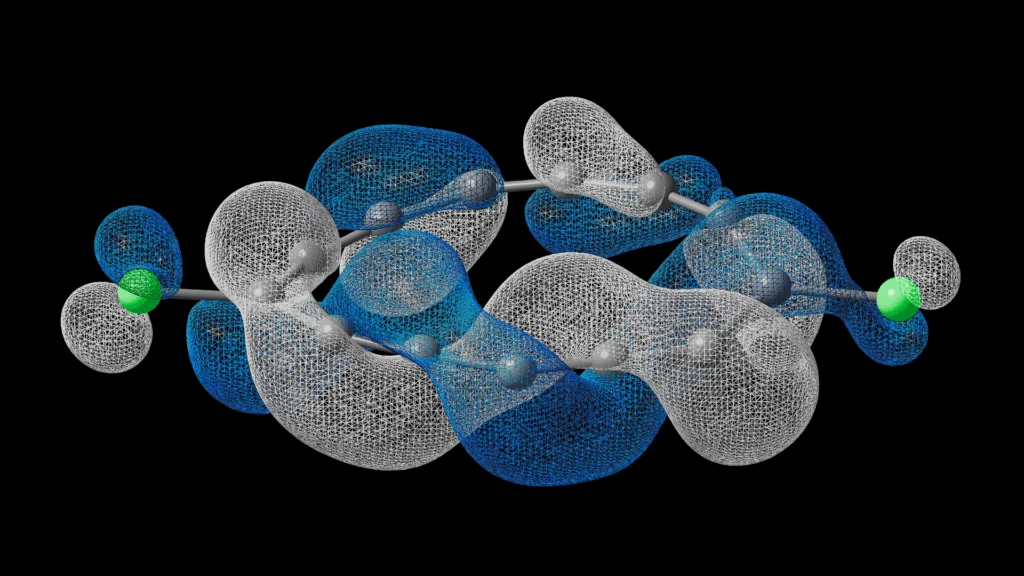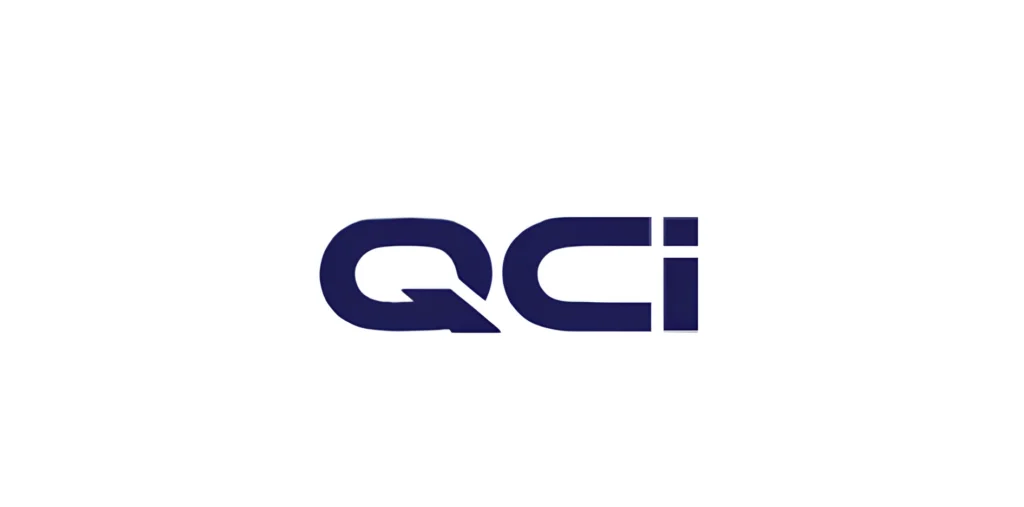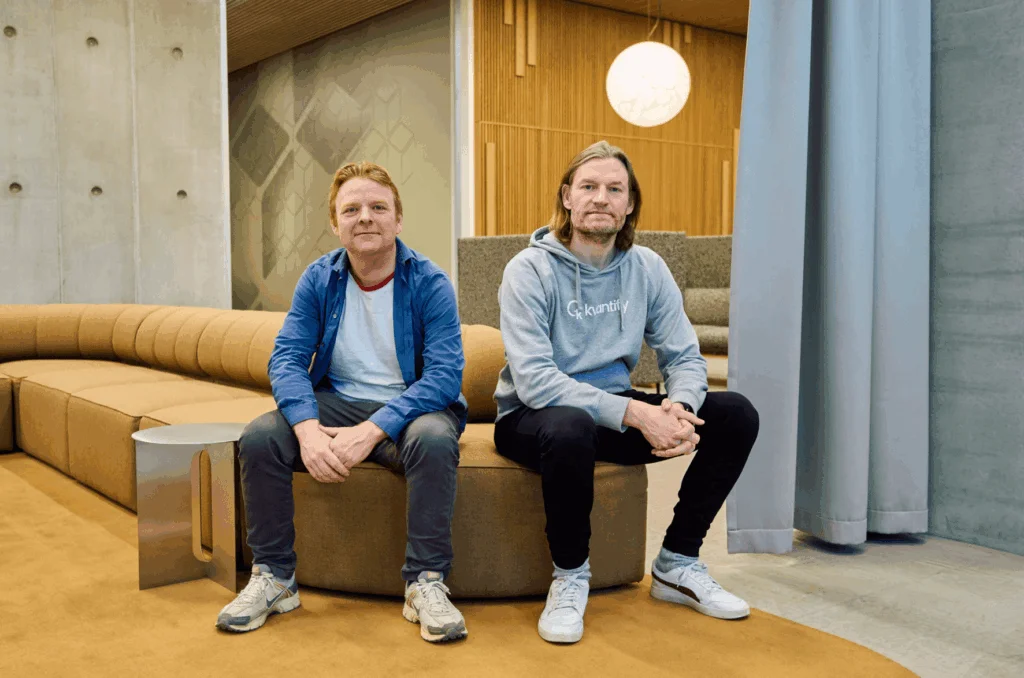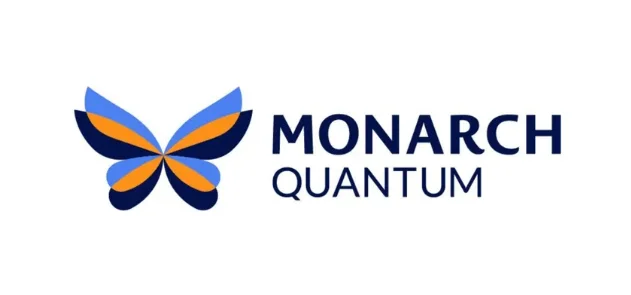Insider Brief
- The Quantum Insider quarterly report suggests that the second quarter of 2024 might be a pivot point for the quantum technology industry.
- After months of little funding announcements, late Q2 featured a flurry of news about successful fundraising.
- The scientific advances continues to progress and Q2 included several major announcements from research teams focused on achieving practical quantum computing.
Like many emerging technologies, funding for the quantum industry all but dried up over the last 12 to 18 months.
The second quarter of 2024 may have been a pivot point. According to The Quantum Insider Q2 2024 report, the industry balanced significant scientific advances with substantial investments and strategic international collaborations.
First, the quarter saw an influx of about $0.8 billion in private capital into quantum technology companies, which represents a fourfold increase compared to Q2 2023. This surge in investment may hint at the growing confidence and interest in the quantum technology sector.

The report covers many of the major funding efforts. Australia announced a $940 million (AUD) investment in PsiQuantum.
Quantonation Ventures, a longtime key player in the quantum technology industry, announced the first closing of its second early-stage fund, Quantonation II, at €70 million of its €200 million target. It’s likely the industry will hear more from this because the fund will support emerging quantum technology companies worldwide.
Novo Holdings committed €188 million (DKK 1.4 billion) to quantum technology start-ups in the Nordics, aiming to advance promising quantum technology companies with applications in life sciences.
In one of the more significant — monetary-wise — rounds, Quantum Circuits Inc. raised $26.5 million in an extended Series B funding round, supported by major venture capital groups.
Government and Policy Initiatives
The tension between the United States and China continued to intensify in frontier technology, including quantum, with the U.S. imposing several trade restrictions targeting quantum computing and artificial intelligence technologies.
Also this quarter, nations such as Singapore have made substantial investments to bolster their quantum capabilities, with Singapore committing S$300 million to its national quantum strategy.
The United Nations acknowledged the critical role of quantum technologies by designating 2025 as the International Year of Quantum Science and Technology. This global initiative aims to enhance national capacities in basic sciences and science education, reflecting the growing recognition of quantum technologies’ potential impact.
Scientific Advances
One of the most significant scientific advancements of the quarter was the partnership between Microsoft and Quantinuum, which resulted in the creation of what the scientists say are the most reliable logical qubits ever recorded. This breakthrough represents a crucial step toward practical quantum computing.
In Japan, the National Institute of Advanced Industrial Science and Technology (AIST) announced a partnership with IBM to develop a next-generation quantum computer with 10,000 qubits, far surpassing the capabilities of current models.
Use Cases and Collaborations
Moderna and IBM Quantum researchers utilized quantum computers to predict mRNA secondary structures, a critical aspect of RNA-based therapeutic design, a possible step toward using quantum computing to advance computational biology.
Quantinuum achieved a significant hardware milestone with its ion trap quantum computer, reaching a 2-qubit gate fidelity of 99.914(3)%, known as the “three nines” threshold.
Pasqal, a leader in neutral-atom quantum computing, successfully loaded over 1,000 atoms in a single shot within their quantum computing setup. This technological milestone is crucial for achieving quantum advantage and scalable quantum processors.
Download The Quantum Insider’s Q2 2024 report.

